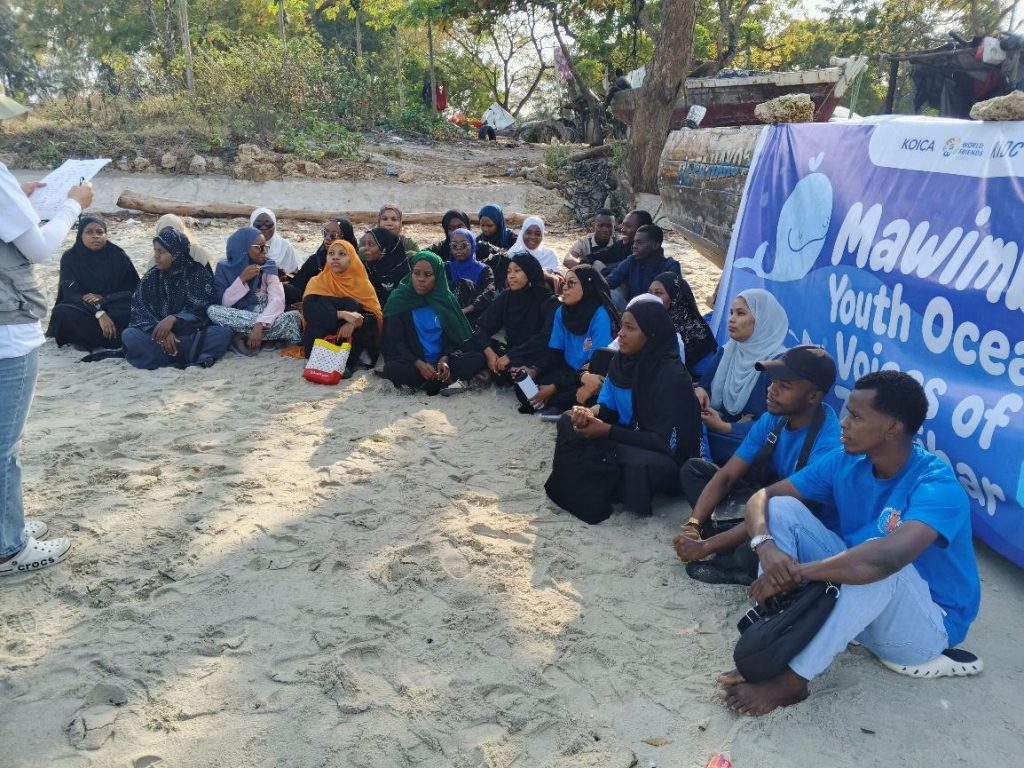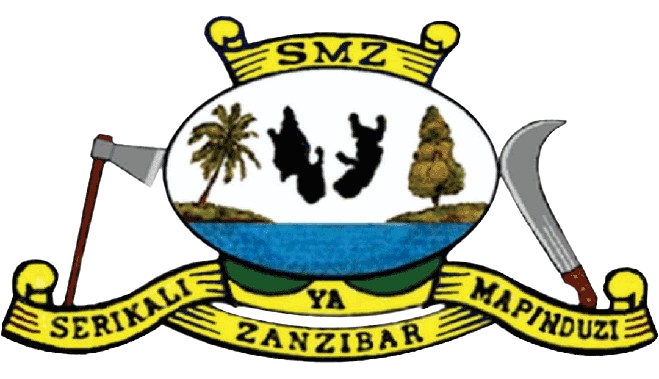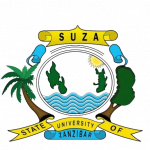On 18th August, 2025, a wave of environmental action swept across Kizingo Beach as volunteers dispatched from the KOICA-NGO Overseas Volunteer Dispatch Program (Climate Environment) (KNOV) joined forces with the State University of Zanzibar (SUZA) through its Tropical Research Centre for Oceanography, Environment, Science, and Natural Resources (TROCEN). Together, they launched a transformative beach clean-up campaign aimed at restoring the coastline and raising awareness about marine pollution. The initiative was guided by the slogan: ‘Mawimbi – Youth Ocean Voices of Zanzibar with TROCEN,’ reflecting the spirit of youth-led advocacy for marine conservation. Supported by the Environmental Journalism Team project partners, the initiative focused not only on physical clean-up but also on promoting sustainable coastal practices and environmental stewardship. The team played a vital role in documenting the event and sharing stories to amplify the campaign’s message and impact.

Environmental advocates focused on coastal preservation prepare for a cleanup initiative along Kizingo Beach
This movement not only involved the removal of litter, but also the collection of plastic waste for analysis at TROCEN’s laboratory to investigate potential pathways into the ocean. The initiative aims to raise students’ awareness of marine pollution and its environmental impact.
Far from a routine exercise, the clean-up was a vivid demonstration of what can happen when diverse groups unite around a shared mission protecting and preserving Zanzibar’s fragile marine ecosystems. Equipped with gloves, reusable bags, and a deep sense of purpose, the team combed the shoreline often littered with plastic bottles, fishing nets, and other waste, transforming it through hours of dedicated work.
Yet the clean-up was only part of the story. The event served as a living classroom, where team members gained firsthand insight into the environmental impact of marine litter, the importance of biodiversity, and the role of citizen science in conservation. Coordinators offered valuable perspectives on how pollution affects coral reefs, fish populations, and coastal livelihoods, turning Kizingo Beach into a hub of ecological education.
They emphasized that this campaign is part of a broader strategy to instill environmental responsibility across Zanzibar. KNOV volunteers’ involvement reflects their long-standing commitment to sustainable development, while TROCEN continues to lead research and outreach efforts focused on marine conservation.
Ms. Seol Choi, leader of the volunteer team, underscored the importance of collective action, “Each piece of litter we collected represents a step towards cleaner waters and healthier ecosystems. KNOV is committed to supporting environmental efforts that empower communities and protect our shared future.”
Conversely, Dr. Marry Mtumwa Khatib, Head of TROCEN, who is also the Program Director of the Zanzibar Youth Marine Environmental Journalism initiative reinforced this perspective by underscoring the pivotal role of education and research in advancing sustainable change. Her continued engagement in marine monitoring and community outreach further exemplifies a deep commitment to long-term conservation.

Environmentalists undertake the responsibility of cleaning up Kizingo Beach
Kizingo Beach, situated within the Zanzibar Urban-West Region, is a vital coastal ecosystem that supports marine biodiversity and local livelihoods. However, increasing plastic pollution, waste runoff, and climate-related pressures have threatened its ecological balance. In response, a collaborative initiative was launched to restore and protect the beach through organized cleanups.
This initiative has been made possible through the sponsorship of KOICA, World Friends Korea (WFK), Korea Innovation and Development Centre (KIDC), Korea Environmental Education Centre (KEEC) and SUZA. These are collectively making substantial contributions through various means to facilitate this exercise.
KOICA volunteers in Zanzibar have become a driving force behind grassroots environmental initiatives. Working closely with local communities, academic institutions, and conservation groups, they promote sustainable practices through long-term projects that address coastal pollution, ecosystem degradation, and public awareness. In particular, KNOV has provided both technical expertise and a spirit of solidarity through hands-on activities such as beach clean-ups, educational outreach, and collaborative research with SUZA. Their presence reflects KOICA’s broader commitment to sustainable development and environmental stewardship in East Africa, empowering local youth and fostering a culture of shared responsibility for Zanzibar’s natural heritage.

